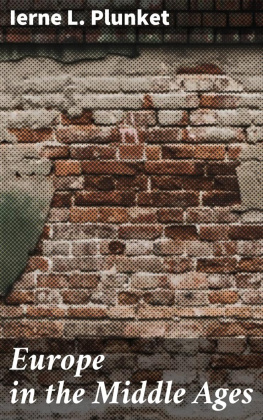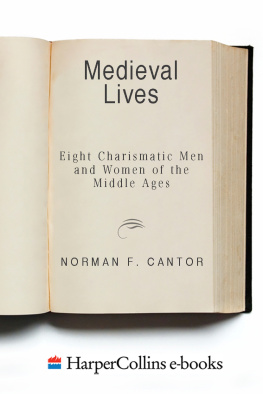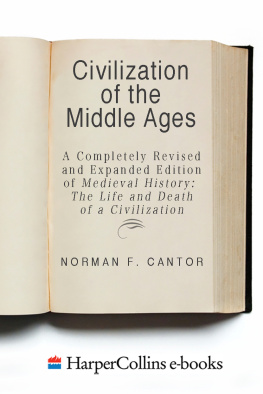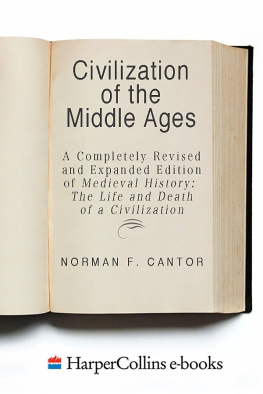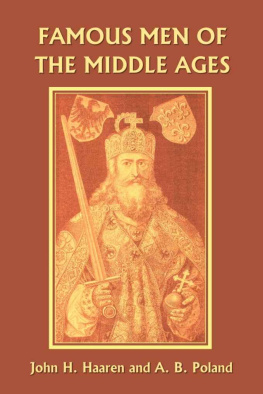CHAPTER I
PENAL METHODS OF THE MIDDLE AGES
Prisons as places of detention are very ancient institutions. As soon as men had learned the way to build, in stone, as in Egypt, or with bricks, as in Mesopotamia, when kings had many-towered fortresses, and the great barons castles on the crags, there would be cells and dungeons in the citadels.
The Teutonic Tribes of the bays and forests were fierce and free. They exemplified, in fact, the theory of Nietzsche, that liberty cannot be granted but must be taken. the great desideratum was the maintenance of peace.
The instinct of retaliation throbs in all men, and vengeance swift and bloody would be sought for, which, where the kindred ties were close and strong, might spread a feud through villages and clans, such that the very children might be born devoted to the duty of a family revenge. The Teutonic nations, like the free peoples they were, always assumed that for a crime to have been committed, an individual must have suffered injury. And they conceived the aggrieved plaintiff as no cowed weakling (or he would not have counted), but as a fighting freeman with spear and shield, who would repay a wrong with interest, and whom, if slain, his kinsmen would avenge.
Thus the placation
Every sort of injury which one freeman could do to another was first of all atonable by bt (a money compensation paid to the injured man or his relations).
The tariffs varied with the different tribes,
These murder-fines, however, were much heavier than they look;
So that frequently the man-fines if they were not paid, vengeance would be let loose.
If the offender were not slain or abused, and they being helpless, like our submerged masses, were of little account at all in the community.
Derived mainly from the conquered taken in wars and raids,
From the poor slaves there need be no fear of vengeance or retaliation; they were a voteless minority amidst Saxon freemen. If a slave were slain only eight shillings were payable to his kinsfolk,
For the damage done by his slave the master was liable,
Apart from legal or revengeful penalties for wrongs done to any freeman,
Clearly, then, from the nature of early Saxon society, elaborate penal machinery had no place. The freemen atoned for their transgressions with fines when possible, and by slavery, mutilation, outlawry, or death when they could not pay. Cruelly as the slaves might be flogged or slaughtered, there were no prisons in the land even for them.
The Teutons, according to Tacitus, abhorred walled towns as the defences of slavery and the graves of freedom. The Frisians forbade the construction of any walls more than 12 feet high.
Sometimes he would take vengeance for the State or for an aggrieved person.
But the maimed criminals were also allowed at large to be a living warning to others. That the Saxons could be cruel enough when bt was not made, and to habitual criminals and slaves, we have seen already; how barbarous the amputations were may be gleaned from the words of our Danish monarch: ... At the second time let there be no other bt if he be foul (at the ordeal) than that his hands be cut off or his feet, or both according as the deed may be, and if then he have wrought yet greater wrong, then let his eyes be put out, or his nose and his ears and the upper lip be cut off; or let him be scalped ... so that punishment be inflicted and also the soul preserved.
William the Norman enjoined that offenders should not be slain outright, but hacked about.
About the tenth century, after the ending of the Danish troubles, and in the eleventh under the Norman rule, the king was strong enough to extend his power and protection.
The heavy fines imposed on places and people
The State was growing strong enough to take vengeance; the common man was no longer feared as had been the well-armed Saxon citizen of old, and to the common criminal was extended the ruthless severity once reserved for the slaves. alleged to have been committed by the offender against the peace, against the code and king.
Up to the middle of the twelfth century
Bishop Britton
The captives having been collected together within the gaols would have to wait till the next assize. It might be a long timemonths (as even now) or years many would die of want or disease before the justices were ready to try them.
Meanwhile the prisoners and their families were to be kept at their own expense; according to Bishop Britton
Those who survived until the opening of the court would be brought up, according to Bracton, But thus far no punishments had been meted out; these followed upon conviction, and were of a physical and sanguinary character.
According to Bracton an offender might be broken on the wheel for treason, a crime so great that it was scarcely to be permitted that the relations should live.
Stealing from a dwelling appears to have met with the same barbarous punishment. A glimpse of the gentle ways of twelfth-century justice is revealed in an account of a supposed miracle. A certain Ailward, being accused of housebreaking (committed apparently under considerable provocation to recover a debt), was lodged for some time in Bedford Prison. After having failed in the water ordeal and being convicted, he was taken out to the usual place of punishment, where his eyes were blinded, he was mutilated, and the parts were buried in the ground. He is said to have been restored through St. Thomas of Canterbury.
By the time of Edward I. we begin to arrive at sentences of imprisonment, and read of such penalties as one year and then a fine, or two years in default of fine, in the first Statutes of Westminster. For such offences as carrying off a nun, allowing a prisoner to evade prison, or stealing tame beasts out of parks, a sentence of three years might be awarded besides the customary fine. As we have seen, the profits of justice were highly regarded; the fines were precious perquisites of the Crown (and sometimes of subordinate administrators and officials as well). The prisons were used as squeezers to extort them. Imprisonment, say Pollock and Maitland, was, as a general rule, but preparatory to a fine. After a year or two the wrongdoer might make fine; if he had no money he was detained for a while longer. In the thirteenth century the kings justices wield a wide common law power of ordering that an offender be kept in custody. They have an equally wide power of discharging him upon his making a fine with the king.
In Henry III.s reign The wrongdoer but rarely goes to prison, even for a moment.
In the fourteenth century many persons are said to have perished of hunger and thirst, Whereas great outcry has been made heretofore as to many wrongs and misprisons done by the gaolers of Newgate and Ludgate and their officers and servants, ... and new regulations were made (and no doubt broken, as the others had been) respecting fees the prisoners should pay.


